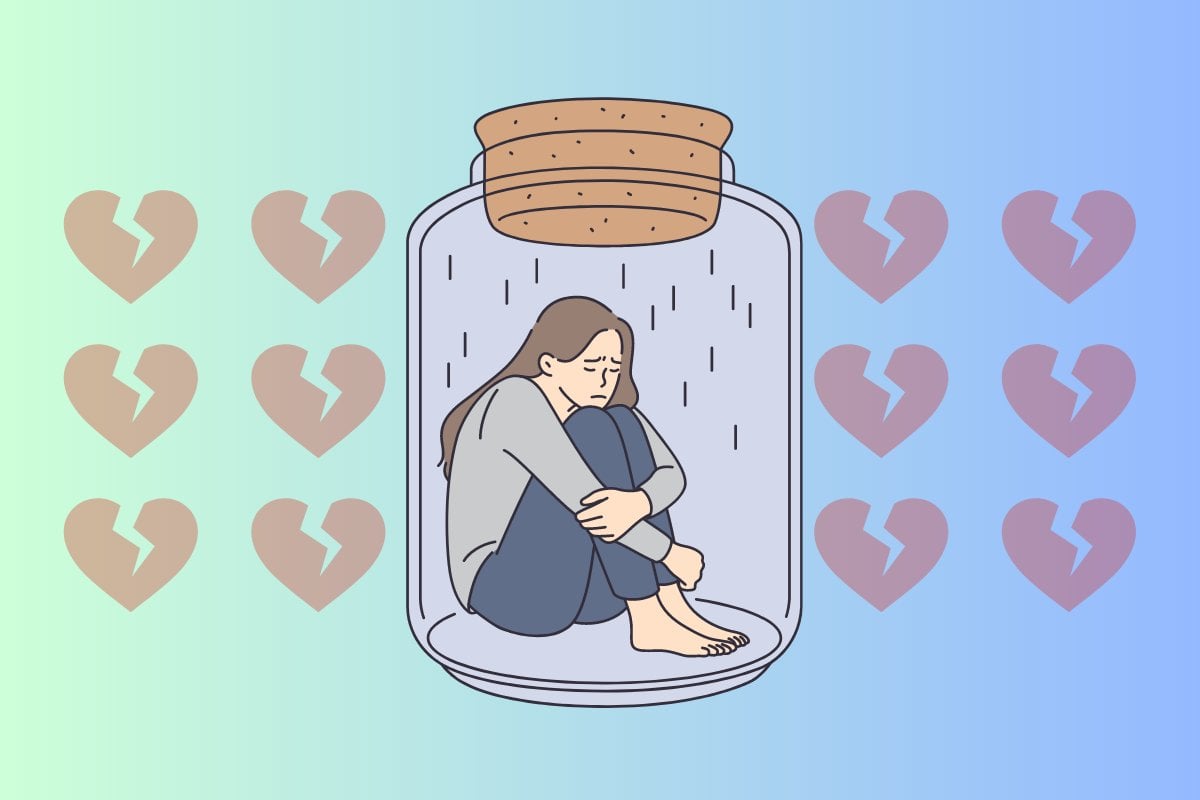
The concept of an 'inner child' is one of the more popular buzzwords in pop psychology, but what does it mean, and how do mental health professionals use it? Psychologist Jane O'Keeffe explains how our childhood can impact our life as an adult and what it means to heal the inner child.
As we navigate the challenges and stressors of adulthood, we may find that emotional wounds from our upbringing are impacting our relationships, self-esteem and our ability to find joy and fulfillment in life.
Inner child work is a therapeutic approach that focuses on healing and nurturing the emotional, psychological and developmental aspects of a person's childhood experiences. It involves addressing unresolved emotions, trauma, or relational issues that impacted us in childhood and may continue to impact us in our adult lives.
In practice, it often involves conceptualising a symbolic child version of ourselves who can be talked to, supported, and guided in ways we may have missed out on in childhood. Those activities and conversations with our younger selves can be particularly powerful, leading to profound moments or realisation and self awareness. However, it's something that really needs to be guided by a mental health professional, since it's a delicate and highly individual process that varies based on each person's unique needs and experiences.
Watch: Break the stigma around Children's Mental Health. Post continues after video.




























































































